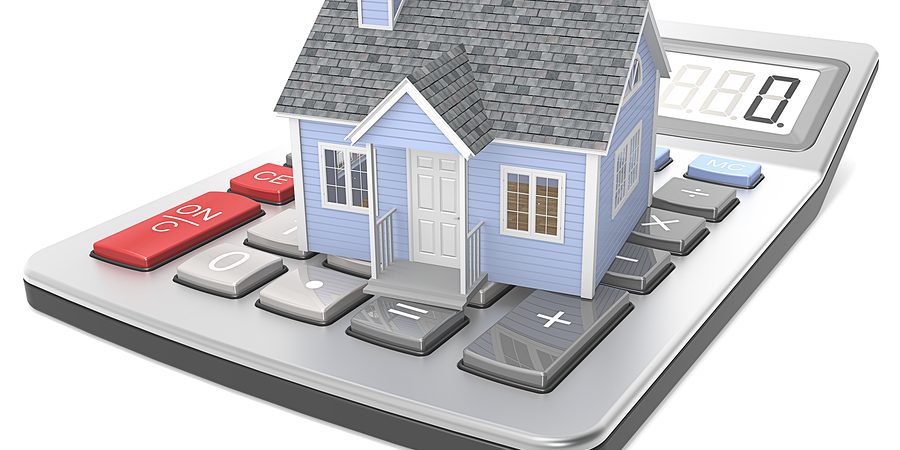Housing Benefit and Local Housing Allowance (LHA) help people on low incomes to pay their rent, and they are run by your local authority.
Housing Benefit is paid to people in homes provided by housing associations or local councils. At the moment it is usually paid to the landlord, but under Welfare Reform it will go direct to claimants. That means you need to budget carefully to make sure you don’t fall behind with rent and face eviction.
LHA covers tenants with private landlords. The rate is based below the market average for rent so claimants who want better-than-average properties or locations will have to make up the difference.
Changes to LHA have already come into force, but two key changes to Housing Benefit as part of Welfare Reform could make life difficult for some. See our advice pages on: The Bedroom Tax (Underoccupancy rules) and Direct Payments.
Council Tax Benefit stopped in April 2013, but you can apply for Council Tax Reduction. See the Government’s website for details.
Single people: the amount you can claim is based on a room in a shared house, not a place of your own. This used to apply to under-25s, now the Shared Accommodation Rate applies to anyone under 35, unless you’ve been homeless or in trouble with the law. Check your local authority website for how much you can claim if this is you.
It is also important to remember that although unemployed people often qualify automatically for these benefits, if you find (low-paid) work, or have your jobseeker benefits suspended, you should talk to your council about whether you are still able to claim help with your housing costs.
These benefits will eventually become part of Universal Credit, which has begun in some pilot areas and will be rolled out across the UK. Your council will inform you of any change.
Check out:
DWP Official website
www.dwp.gov.uk



